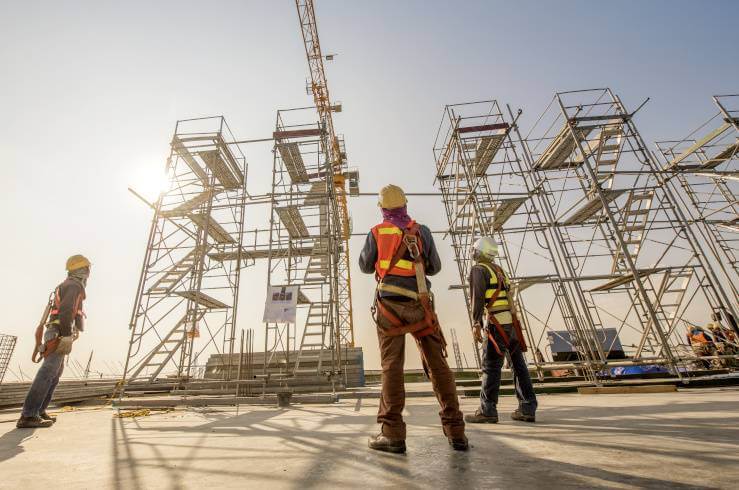How to get the most out of subdividing properties
Subdividing is a complex game and can be tricky for property investors with limited experience in property development. Here’s some crucial advice to consider before committing to a subdivision.

If you’re looking to develop a property, it is best to find someone who is both qualified and experienced, according to Streamline Property directors Melissa and Scott Jennison, who discussed some of the ins and outs of subdividing on the Smart Property Investment Show.
Developers who have done it many times before know what to look for and also have “contacts in the industry”, which will be of the highest benefit to investors, according to Mr Jennison.
“The more carpenters, plumbers, electricians, all those trades that you know and those contacts, that really helps when you move forwards to pricing things,” he said.
Investing in sizeable land
Minimum lot size and frontage vary depending on the kind of build an investor aims to erect, and it’s critical to ensure there is enough space before construction of any sort commences.
According to Ms Jennison, a minimum of 600 square meters on a block of land is broadly recommended to accommodate side-by-side duplex builds.
Further, real estate partner at law firm Ashurst, Jason Cornwall-Jones, said that the frontage for a property split should be a minimum of 12 to 14 metres.
Regardless of how much information is spread across the net, consulting a qualified buyer’s agent or town planner is highly recommended for investors to ensure the individual needs and requirements on their property are met.
Ideal properties for subdividing
Mr and Mrs Jennison said that a lot of investors will aim for flat blocks or corner blocks when considering subdivisions on their property journey.
According to Mr Jennison, compatible blocks for subdivisions are: “Generally flat sites [where] you can retain things, but again that’s just something that’s a part of the feasibility when we do the costings on the project in the future. Stormwater is [also] quite critical to get out of the way.
He continued: “And services... so the practical things like is there water, is there sewer, and is there power – all those types of things will affect future developments.”
What to avoid
A lot of investors fail to split properties adequately or efficiently and end up running into self-induced pitfalls as a result.
“It’s hard to pinpoint certain things, but just knowing all of the things that could really affect the value of that site… [such as] floods, council plans, overlays, services,” Mr Jennison said.
“All those things really add up, and the small things can really cost a lot of money.”
